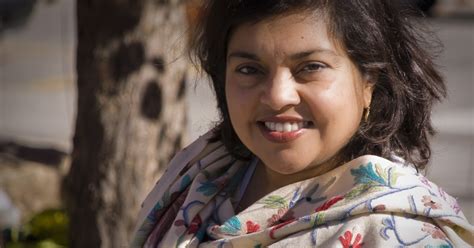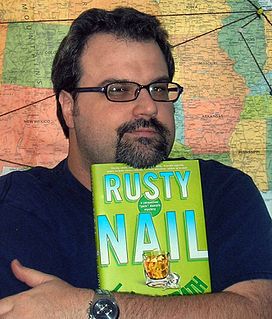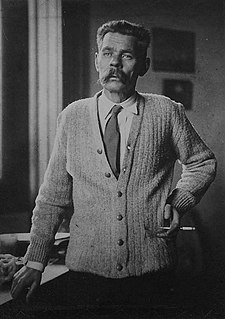A Quote by Mitali Perkins
Keep reading and writing, learn how to revise, and push through rejections. My second book, Monsoon Summer, was rejected over 20 times and finally came out 11 years after my first book! I'm glad I didn't give up. Neither should you.
Related Quotes
It's somewhat of a contradiction, .. I guess the quieter the voice, the more necessary it is to push it. It's not going to leap out at you and scream. I also can't control how a book is marketed. To say the book marketing is aggressive, fine, I'm happy with that. Push the book. That doesn't mean that my personality or writing style changes.
I began writing books after speaking for several years and I realize that when you have a written book people think that you're smarter than you really are if I can joke. But it's interesting. People will buy your book and hire you without reading the book just because you have a book and you have a book on a subject that they think is of interest to themselves or e to their company.
You have to read a lot so you know what good writing looks like and you get inspired. You have to write a lot because it's like a sport - you have to practice. And, also, you have to persevere. Don't give up. I got rejected on my first book, like, 14 times, but I just kept going. So believe in yourself and don't give up.
How do I start writing a book? I sit there, I come up with an opening line, and then I go little by little. I'll wonder, Well, what's coming? And that goes right through to the very end. For over a dozen years now, I've had a recurring dream where I'm reading a book and the pages are blank, but as I read, the words come to exist as fast as my eyes can move. Strange, strange thing.
If you're 50 years old or younger, give every book about 50 pages before you decide to commit yourself to reading it, or give it up. If you're over 50, which is when time gets shorter, subtract your age from 100 - the result is the number of pages you should read before deciding whether or not to quit. If you're 100 or over you get to judge the book by its cover, despite the dangers in doing so.































